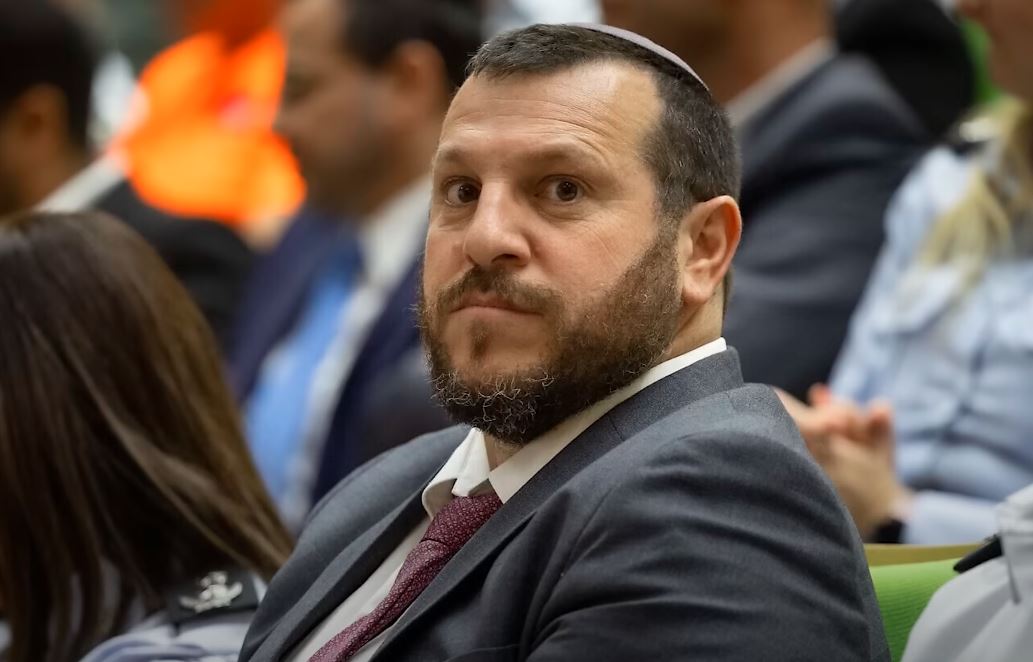Prime Minister Benjamin Netanyahu suspended Heritage Minister Amichai Eliyahu following his controversial remarks suggesting the use of atomic weapons against Gaza. The statement arose during a radio interview, wherein Eliyahu was questioned about the approach Israel should adopt towards Gaza amid ongoing threats from Hamas.
As reported by The Jerusalem Post, Eliyahu posited the atomic bomb as a potential strategy, comparing the conflict with Gaza to historical wartime scenarios where humanitarian aid was not extended to adversaries, notably the Nazis during World War II. His explicit denial of civilian innocence in Gaza struck a chord of dissonance, prompting immediate censure from the highest ranks of government.
Netanyahu, leveraging the platform of X, the microblogging service that succeeded Twitter, issued a stern repudiation of Eliyahu’s comments. His message underscored Israel’s dedication to the principles of international law, emphasizing the nation’s resolve to avoid civilian casualties and rebuffing Eliyahu’s suggestions as disconnected from the sobering realities of conflict management.
In alignment with the Prime Minister, Defense Minister Yoav Gallant, they denounced Eliyahu’s assertions as unfounded and reckless. Gallant’s disavowal highlighted a consensus within the Israeli defense hierarchy that such extremist rhetoric was not representative of the individuals tasked with the nation’s security.
Netanyahu’s Faces Backlash Over Aide’s Comments Amid Gaza Tensions

The episode elicited a broader wave of disapproval across the political spectrum. Opposition Leader Yair Lapid amplified this sentiment, demanding Netanyahu immediately dismiss Eliyahu. Labeling the statements as both shocking and deranged, Lapid cautioned that such extremism imperiled not only the Israeli society but also its international standing. His censure extended to the notion that the presence of such radical elements within government ranks threatened the strategic objectives of the Israeli military campaign – the defeat of Hamas and the recovery of hostages.
The turmoil emerged as Israel persisted in a series of bombings in Gaza, an action that has faced international scrutiny and appeals for cessation. Netanyahu has been committed, indicating that the bombings would continue until the release of approximately 240 individuals abducted by Hamas on October 7.
This controversy arrives when Israel navigates the complex realities of maintaining national security while adhering to international humanitarian standards. The episode is a stark reminder of the challenges governments face in addressing internal and external threats, the importance of measured rhetoric in times of conflict, and the pervasive scrutiny of the global stage on political discourse and military action.
Eliyahu’s suspension marks a critical juncture for Netanyahu’s administration, delineating a boundary between strategic assertiveness and the impermissible boundaries of diplomatic discourse. As the situation continues to evolve, the Israeli government’s response to such crises will remain under a microscope, with the international community watching closely for the next steps in this delicate dance of governance, ethics, and security.


Comments are closed.